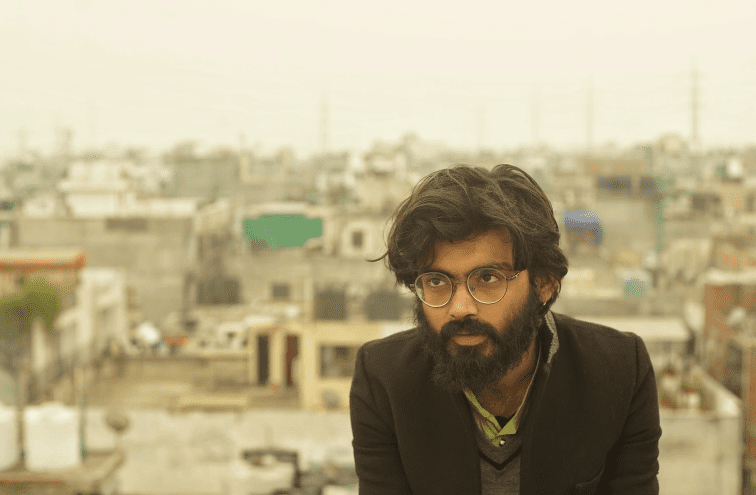
A Delhi court on Saturday denied bail to Muslim activist and JNU research scholar Sharjeel Imam in connection with the 2020 Delhi pogrom case involving allegations of sedition, noting that “although the applicant did not ask anybody to pick weapons and kill the people but his speeches and activities mobilised the public which disrupted the city and might be the main reason in outbreak of the riots.”
Despite finding no direct incitement to violence or murder in his speeches against the Citizenship Amendment Act (CAA), Additional Sessions Judge Sameer Bajpai of Karkardooma Courts refused to grant statutory bail to Imam in a sedition and draconian Unlawful Activities Prevention Act (UAPA) case for allegedly making inflammatory speeches at Jamia Millia Islamia and Aligarh Muslim University against a discriminatory legislation.
Imam who was one of the iconic figures of anti-CAA protests in 2019, was arrested in January 2020 and applied first for bail in July 2022. His lawyers argued that the since he had already spent four years in jail out of the maximum sentence of seven years, he was eligible for statutory bail.
Imam’s lawyer contended that the Supreme Court had suspended the offence of sedition, and the UAPA provisions applied in his case do not entail a sentence exceeding seven years. However, Delhi Police argued that the punishment for the offences invoked against him should be considered cumulatively rather than concurrently, Bar and Bench reported.
The Karkardooma court’s ruling followed an order from the Delhi High Court instructing it to expedite the decision on his bail plea. Imam’s appeal against the framing of charges is set for a hearing at the Delhi high court on 8 March.
“Further, through inflammatory speeches and social media, the applicant skillfully manipulated the real facts and incited the public in order to create a havoc in the city. Further, the words as used by the applicant in his different speeches were so powerful that they captured the mind of the people of a particular community and incited them to take part in the disruptive activities which finally resulted into the riots,” the order said.
The trial court also remarked that following his speeches, the number of protesters and protest sites in Delhi escalated, leading to crowds blocking main roads and bringing the entire city to a standstill.
The court further noted that the contents of Imam’s anti-CAA speeches could be termed “seditious” in the “dictionary meaning.”



